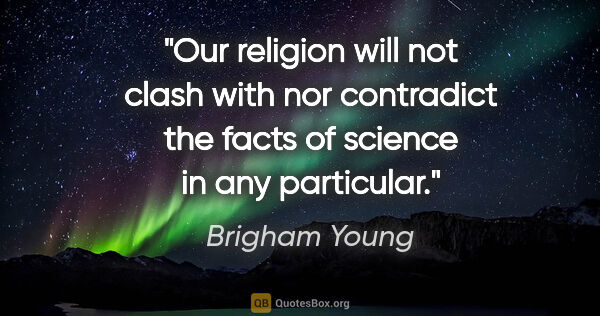Sciences Quotes (page 39)
I loathe popular pulp, I loathe go-go gangs, I loathe jungle music, I loathe science fiction with its gals and goons, suspense and suspensories. I especially loathe vulgar movies—cripples raping nuns under tables, or naked-girl breasts squeezing against the tanned torsos of repulsive young males. And, really, I don't think I mock popular trash more often than do other authors who believe with me that a good laugh is the best pesticide.
Vladimir Nabokov
What happens when an animal or person dies? Something seems to have departed--something like a vital spark that makes the difference between life and death. In the nineteenth century, philosophers believed that there really was such a thing and called it the lan vital, or vital spirit. But when twentieth century science began to unravel the mysteries of how living things work and reproduce, the idea was abandoned and people now accept that there is nothing more to being alive than complex,...
Susan Blackmore
The Three Theorems of Psychohistorical Quantitivity:
The population under scrutiny is oblivious to the existence of the science of Psychohistory.
The time periods dealt with are in the region of 3 generations.
The population must be in the billions (±75 billions) for a statistical probability to have a psychohistorical validity.
Isaac Asimov

As in all infant sciences, the universal habit of the human mind - to take a partial or local truth, generalise it unduly and try to explain a whole field of nature in its narrow terms - runs riot here (in psychoanalysis). Moreover, the exaggeration of the importance of suppressed sexual complexes is a dangerous falsehood.
Sri Aurobindo
Don't they know science doesn't work like that? You can't just order scientific breakthroughs. They happen when you are looking at something you've been working on for years and suddenly see a connection you never noticed before, or when you're looking for something else altogether. Sometimes they even happen by accident. Don't they know you can't get a scientific breakthrough just because you want one?
Connie Willis
You squeeze the eyedropper, and a drop of pond water drips out onto the microscope stage. You look at the projected image. The drop is full of life - strange beings swimming, crawling, tumbling; high dramas of pursuit and escape, triumph and tragedy. This is a world populated by beings far more exotic than in any science fiction movie...
Carl Sagan
I guess we're all, or most of us, the wards of that nineteenth-century science which denied existence to anything it could not measure or explain. The things we couldn't explain went right on but surely not with our blessing. We did not see what we couldn't explain, and meanwhile a great part of the world was abandoned to children, insane people, fools, and mystics, who were more interested in what is than in why it is. So many old and lovely things are stored in the world's attic, because we...
John Steinbeck
Look, if you say that science will eventually prove there is no God, on that I must differ. No matter how small they take it back, to a tadpole, to an atom, there is always something they can’t explain, something that created it all at the end of the search.
“And no matter how far they try to go the other way – to extend life, play around with the genes, clone this, clone that, live to one hundred and fifty – at some point, life is over. And then what happens? When the life comes to an...
Mitch Albom
These rules, the sign language and grammar of the Game, constitute a kind of highly developed secret language drawing upon several sciences and arts, but especially mathematics and music (and/or musicology), and capable of expressing and establishing interrelationships between the content and conclusions of nearly all scholarly disciplines. The Glass Bead Game is thus a mode of playing with the total contents and values of our culture; it plays with them as, say, in the great age of the arts...
Herman Hesse
In college, in the early 1950s, I began to learn a little about how science works, the secrets of its great success, how rigorous the standards of evidence must be if we are really to know something is true, how many false starts and dead ends have plagued human thinking, how our biases can colour our interpretation of evidence, and how often belief systems widely held and supported by the political, religious and academic hierarchies turn out to be not just slightly in error, but grotesquely...
Carl Sagan
